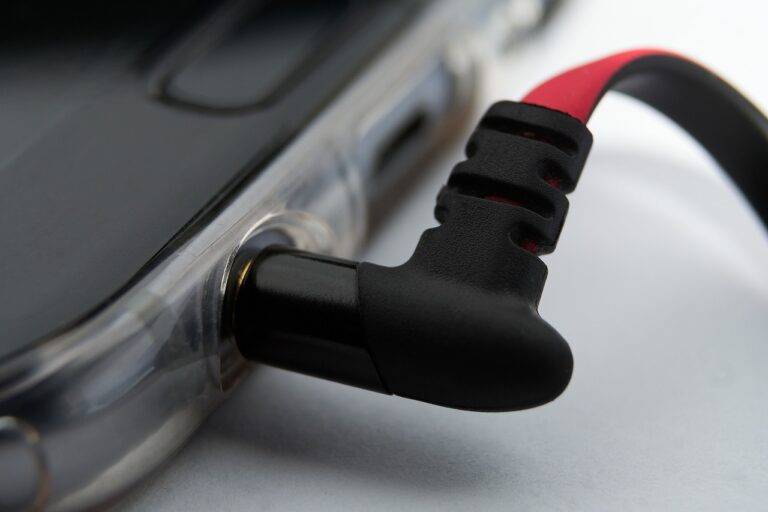Mindful Consumption Habits: Reducing Impulse Buys and Waste
Impulse buying can have a significant impact on your budget, often leading to overspending and financial strain. When you make purchases on a whim without thoughtful consideration, you may find yourself with items you don’t truly need or cannot afford. This can not only deplete your financial resources but also detract from your savings goals and long-term financial security.
Moreover, impulse buying can create a cycle of impulsive spending, as the temporary satisfaction from these purchases may lead to continued behavior. Before you know it, impulse buys can add up quickly, leaving you with unnecessary clutter and a hole in your wallet. It’s essential to recognize the consequences of impulsive purchases and take proactive steps to prevent them from affecting your budget negatively.
• Impulse buying can lead to overspending and financial strain
• Purchases made without thoughtful consideration may result in unnecessary items
• Depletes financial resources and detracts from savings goals
• Creates a cycle of impulsive spending
• Temporary satisfaction from impulse buys may lead to continued behavior
• Can add up quickly, leaving you with unnecessary clutter and less money
• Recognize consequences of impulsive purchases and take proactive steps to prevent negative impact on budget
Understanding the Psychology Behind Impulse Purchases
Impulse purchases often stem from emotional triggers rather than rational decision-making processes. Psychologically, the sense of immediate gratification or excitement from buying something on impulse can override the logical thinking that typically guides more planned purchases. The rush of dopamine that comes from making a spontaneous purchase can create a sense of reward and satisfaction that reinforces this behavior.
Moreover, marketers often capitalize on consumers’ psychological vulnerabilities by using persuasive techniques such as limited-time offers, flashy advertisements, and product placement to encourage impulse buying. These strategies tap into consumers’ emotions, desires, and insecurities, making it harder for individuals to resist the temptation to make unplanned purchases. The interplay between impulsive tendencies and these marketing tactics can significantly impact one’s spending habits and overall financial well-being.
Tips for Identifying and Avoiding Impulse Buys
Impulse buys can sneak up on even the most careful spender, leading to unnecessary expenses and budgetary stress. To avoid falling into this trap, start by creating a list of items you genuinely need before heading out to the store or browsing online. By sticking to this list and refraining from deviating, you can minimize the chances of making impulse purchases.
Furthermore, try to identify your triggers for impulse buying. Whether it’s feeling bored, stressed, or simply succumbing to the allure of a sale, recognizing what prompts you to make impulsive decisions can help you take proactive steps to avoid them. Consider implementing a cooling-off period – wait at least 24 hours before making a non-essential purchase to determine if it’s something you genuinely want or if it was just a fleeting desire.
How can impulse buying impact my budget?
Impulse buying can lead to overspending and financial strain, as it often involves purchasing items that were not planned for in your budget.
What drives impulse purchases?
Impulse purchases are often driven by emotions, such as the desire for instant gratification or the fear of missing out on a deal.
How can I identify impulse buys?
Impulse buys are usually unplanned and made on a whim. If you find yourself purchasing items without considering their necessity or budget, it may be an impulse buy.
What are some tips for avoiding impulse buys?
Some tips for avoiding impulse buys include creating a shopping list before going to the store, setting a budget and sticking to it, and giving yourself time to consider a purchase before making it.







